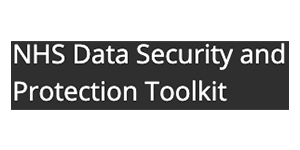It’s well worth ensuring that your phone and other systems have enough capacity and are comfortable to work with.
1. The telephone is now a productivity tool
As the phone is now crucial to your productivity it is well worth getting a powerful modern system. Cloud based, with unlimited lines, some can work straight from your screen to save you dialling, and produce all the stats. Please talk to us about recommendations – Surgery Connect is a system we like, though we have no commercial relationship.
The best systems allow you to quickly and easily make changes to the settings and messages – this is important as the telephone message by the GP is your simplest form of patient communication.
Each GP will need an outbound line available at all times, and you can expect all these to be in use for the first couple of hours of the day. Most calls will be to patients’ mobiles, for which it is worth checking your tariffs. Many practices use mobiles for GP outbound calls (caller number withheld) which are now under £20/month.
2. Demand and capacity
The total demand to a practice is typically in the range of 10-20% of list size per week, with just over half these being for the doctors and the rest for nurse appointments, repeat prescriptions, results and general admin. However, it is much more important to predict when the demand will come.
Telephone demand will fall as rework is reduced (“Call again tomorrow” vanishes), still further if you encourage patients online with askmyGP.
As access opens up all day we find that the 8am rush is reduced. Not everyone falls ill at 8am, they only used to call then because it gave them the best chance of seeing the doctor.
How do you best ensure that demand spreads and you avoid the rush? Look from the patients’ point of view. The more difficult to get through, the more anxious they feel, the earlier they will call just in case they are unable to see the doctor. So reduce their anxiety by responding very quickly at all times – the total volume of work falls.
Our audits have shown that receptionists spend around 2 minutes per call, but this can vary through the day and capacity needs to be flexible to cope with the morning peak volume.
3. Working in comfort with a headset and dual screens
The vast majority of people prefer a headset. This leaves both hands free for typing notes and avoids neck strain from balancing a telephone on the shoulder. Ensure your GPs have a good quality model, easily purchased and available next day delivery.
Many GPs already have dual computer screens as this saves time when need to refer to several information sources together. With askmyGP it becomes even more useful, for example with the new history on the left screen and existing record on the right. We recommend that at least one receptionist also has dual screens to deal with incoming askmyGPs as efficiently as possible.
4. Measurement for improvement
Even when a practice has much improved access and GP call backs within minutes, we can find patients complaining that it is hard to get through. The secret is to measure your performance and use that knowledge to improve the service. You can do this yourself, we have ways to help with this, and some phone systems can also provide data.
5. Moving patients online
The technical term is “asynchronous communication.” It means that both parties don’t have to be there at the same time. That’s one reason why askmyGP is such an important advance on a purely telephone system. It allows you to be more efficient as you are not tied up on the phone.
Online appointment booking is widely available, but saves no GP time. It can be used to book telephone appointments, but our practices generally do not allow patients to book a face to face appointment. This would use up capacity often needlessly, as the GP talking to the patient is best at deciding who needs to be seen.




